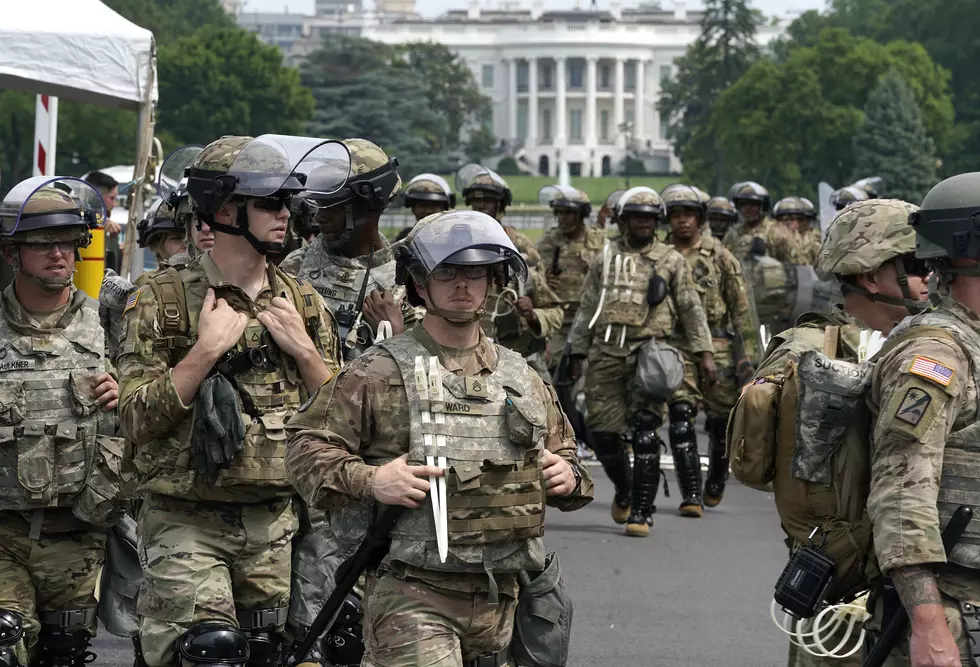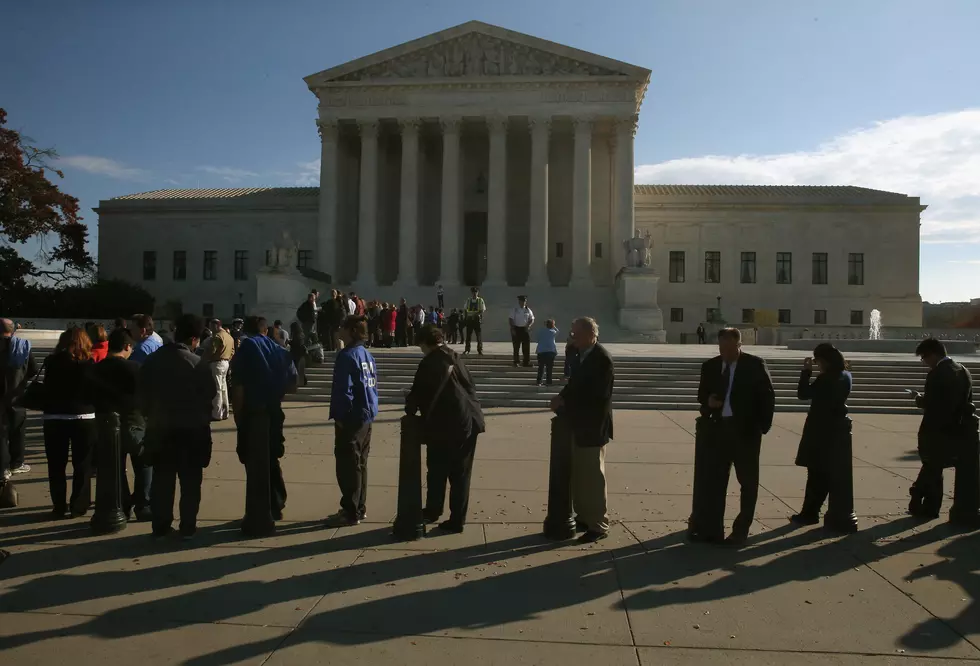
Tom’s Opinion on the Electoral College
Whenever the phones are silent, the mere mention of the Electoral College opens the floodgates and a myriad of comments pour in about this amazing institution. The Electoral College was a compromise between some of the founders who wanted a strictly popular vote and those that thought congress could do a better job of selecting the president.
So, the compromise was made, to let each state select elector’s to vote for the president. Each state has one electoral vote for each of its two senators, plus one vote for each representative in the state. Montana has three electoral votes, one each for Senator’s Baucus and Testor, and one for Representative Rehberg. The larger the population the larger electoral vote impact the state has on the final outcome.
Do we really need the Electoral College?
Those who oppose the Electoral College usually have one or more of four reasons.
- If there was a popular vote only, then it might be possible to elect a Tea Party, or Occupy Wall Street candidate. The Electoral College favors a two party system and forces the opposition to compromise with one of the two political parties.
- There is the risk that the electors will not vote as they are instructed. In 1988, a democrat elector from West Virginia felt that Vice Presidential candidate Lloyd Bensen would make a better president than Presidential candidate Michael Dukakis— so he reversed the votes. Such votes have happened 7 times in our history.
- It could discourage voter turnout. Since each state gets a specific number of Electoral Votes, it doesn’t really matter about how many people vote, so many just stay home.
- Last, but not least, shouldn’t the will of the people be respected? “May the best man (or woman) win?” Let the chips fall where they may?
These are far from the only arguments on why the Electoral College is no longer necessary, just the more often voiced.
Reasons for the Electoral College
- It forces full distribution of representation. If it were not for the Electoral College, there would be no need for any candidate to campaign west of the Mississippi River, with the possible exception of California. There are more than enough votes east of the river to win any presidential election.
- It more fairly represents minority interests. As in number one above, the farmers in the flyover states like Missouri, Kansas, Nebraska, and Iowa would never have much say in who was elected, much less ever even see a candidate for president.
- It encourages choice. If there were simply popular vote there would be no party platforms, or positions on which to run. Candidates would simply cater to whatever the largest voting blocks wanted to hear.
- Montana is a small state but due to the importance of the Electoral College we saw the power in the last election. Presidential candidate Obama paid four visits to our state because of the importance of our senate race, and to convert what had been a traditionally red state, to a blue one. Those three electoral votes became very valuable in the 2008 election.
Some Final Thoughts
I feel the founders had it right when they decided to create the Electoral College to decide the final voting process for the selection of our presidents. The Bush – Gore election sparked a lot of controversy about the popular vote vs. the electoral vote. Without the Electoral College there is the danger of one ideology dominating the country. Whatever your party affiliation, I doubt the total dominance of your opponents would be very favorable to you. And, having little recourse to correct it would be even more undesirable.
No process is ever going to satisfy everyone. And, I think the founders understood that. Sometimes the process works in your favor; sometimes it doesn’t, but the important thing to remember is, that it works. And that is why the Electoral College was a fair and equitable compromise of two opposing ideas.
It is, arguably, an antiquated system that doesn’t seem to make sense in today’s computerized environment. Especially when we use the popular vote for every other type of election. But, when push comes to shove, the question to keep in mind is — are you being heard nationally? The Electoral College guarantees you will be.
More From KMMS-KPRK 1450 AM




![[POLL] Is It Time To Abolish The Electoral College?](http://townsquare.media/site/8/files/2019/03/GettyImages-84211317.jpg?w=980&q=75)




